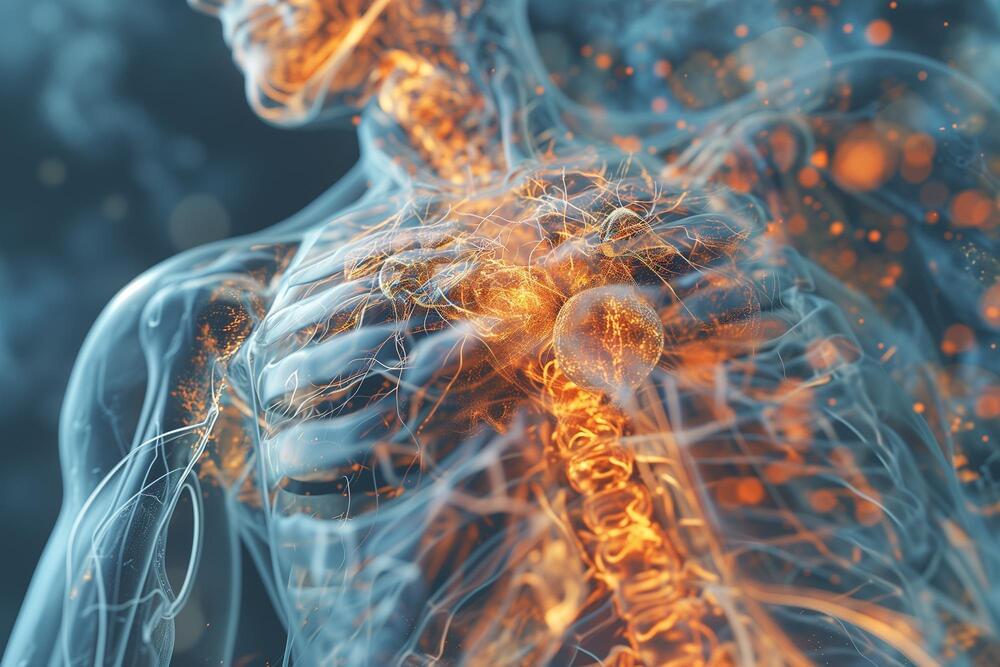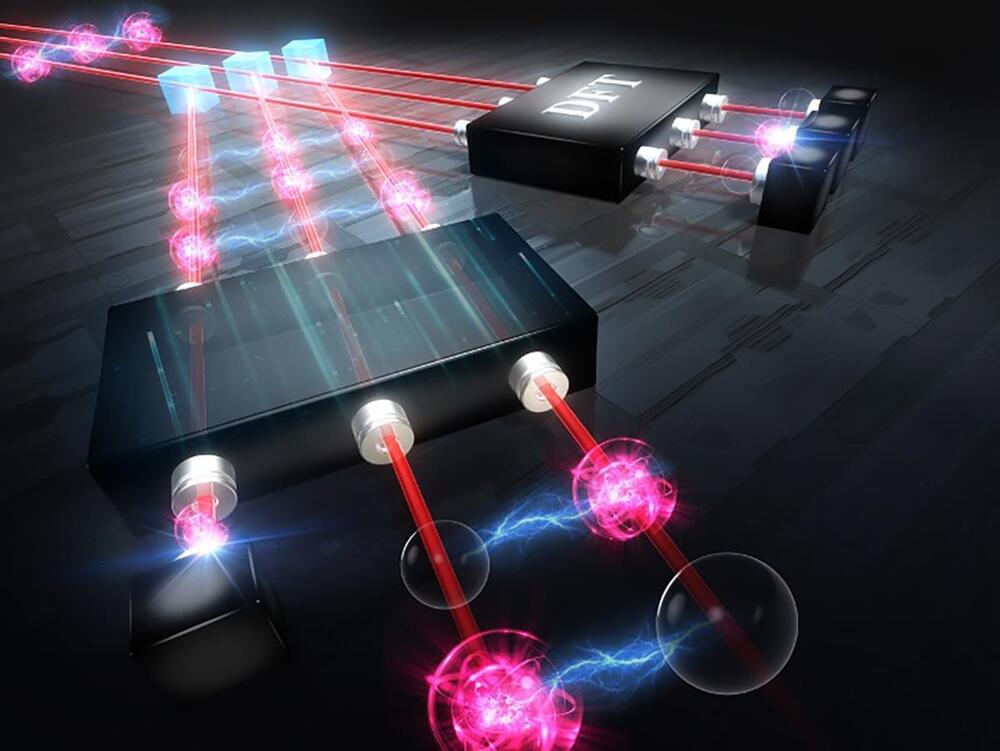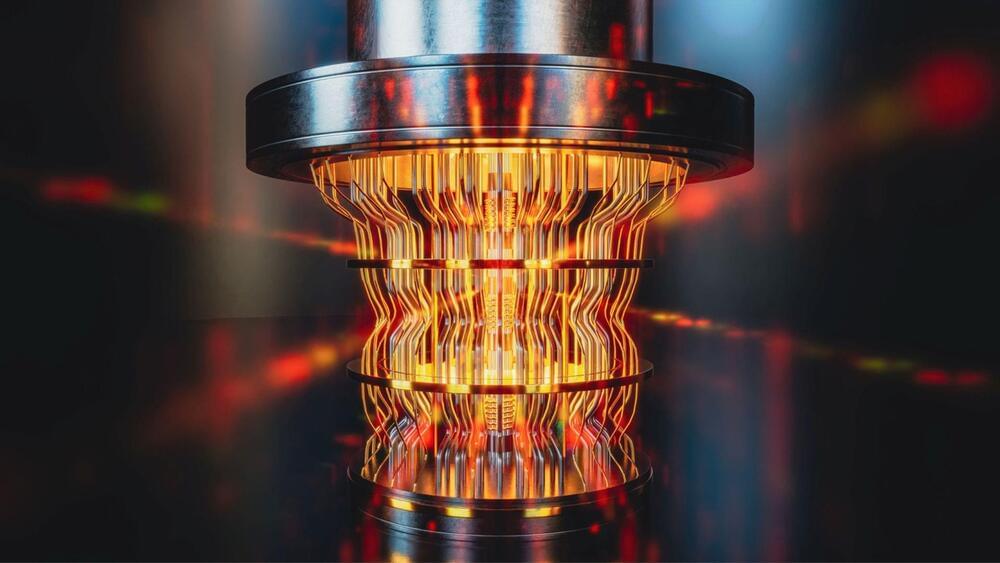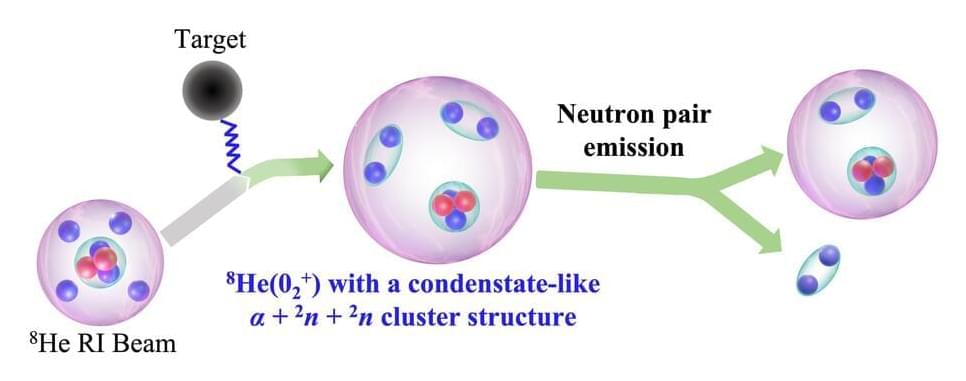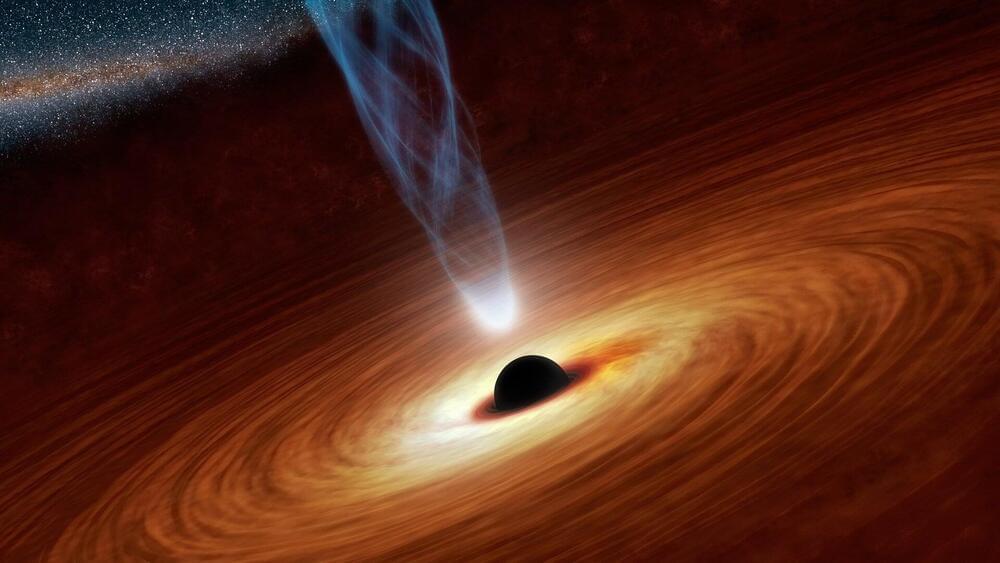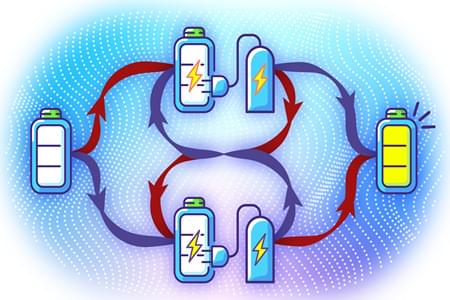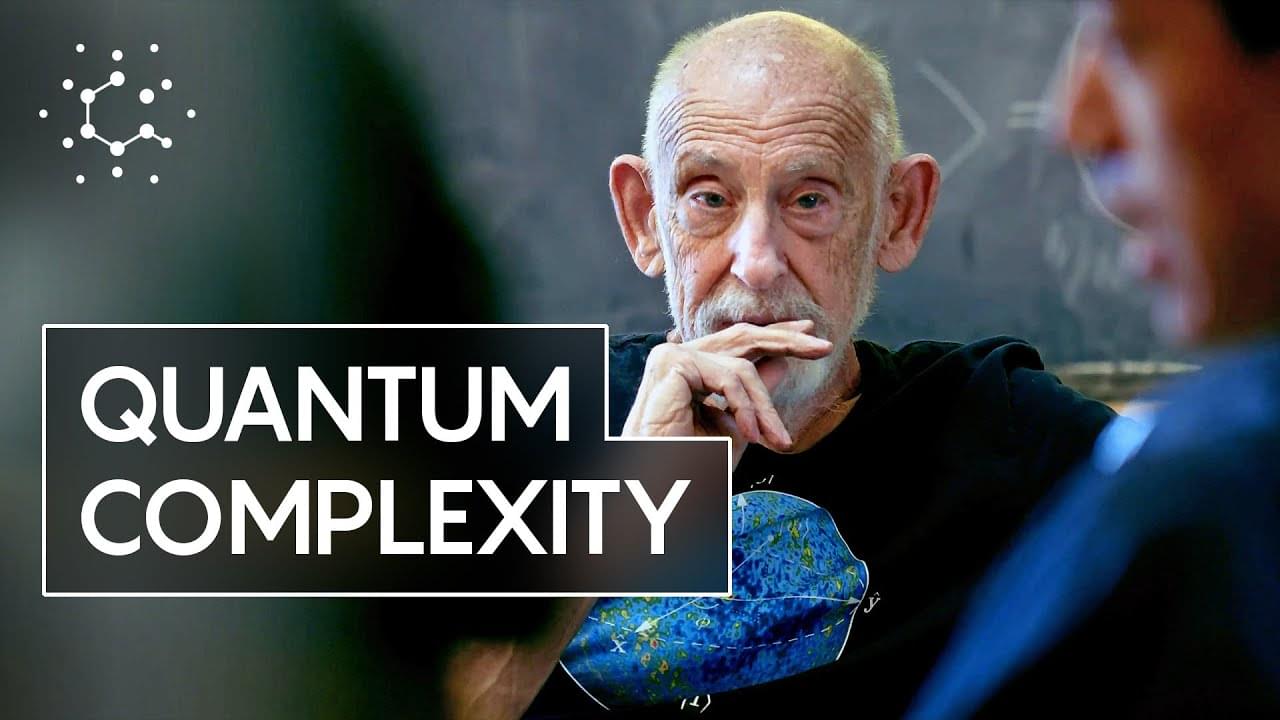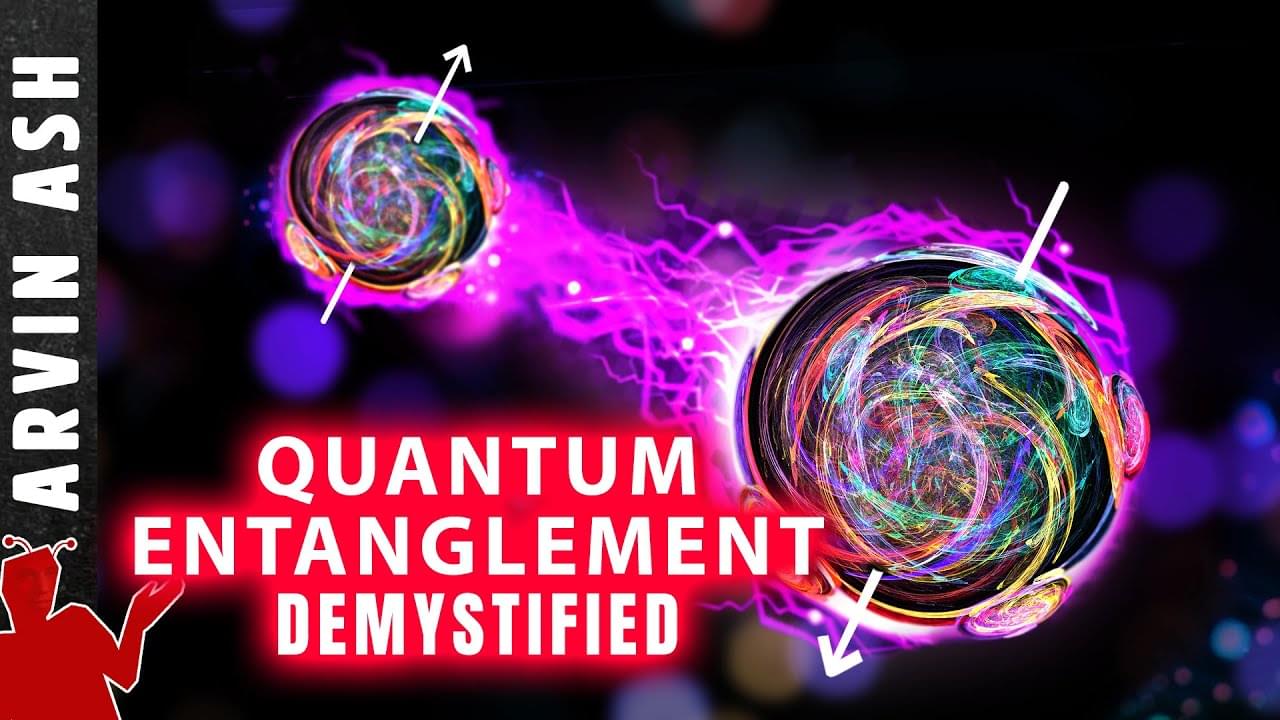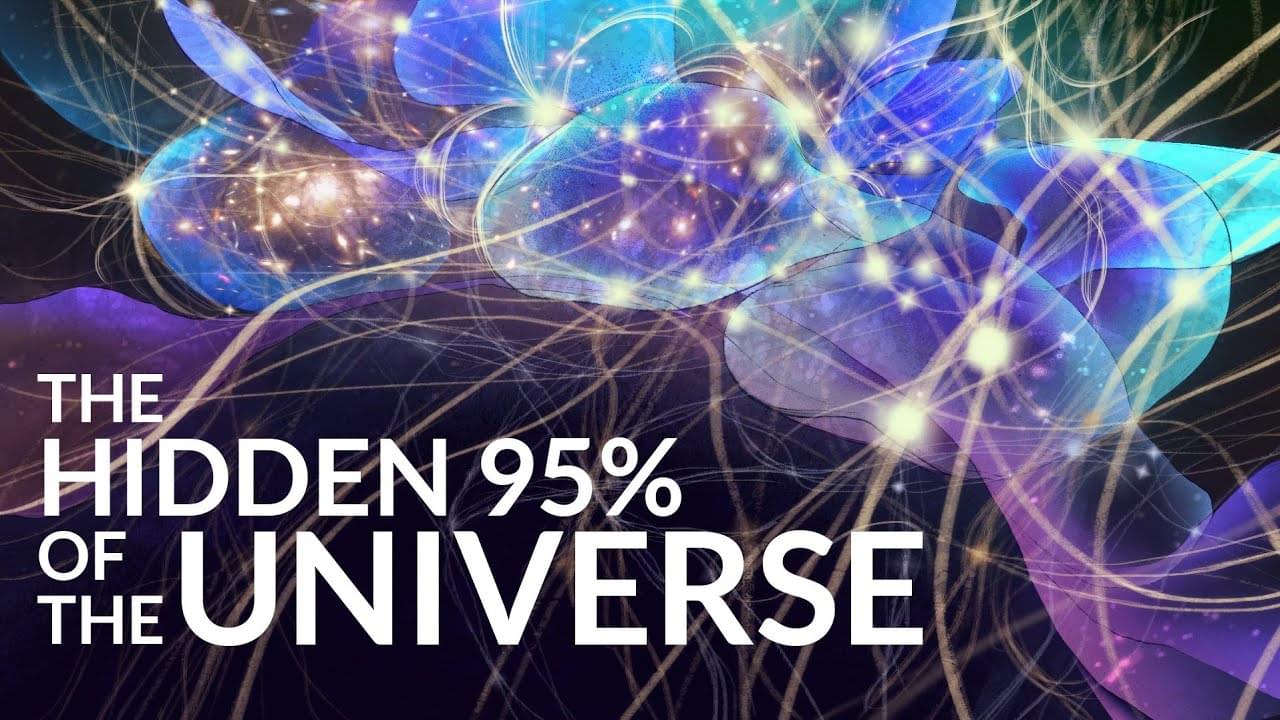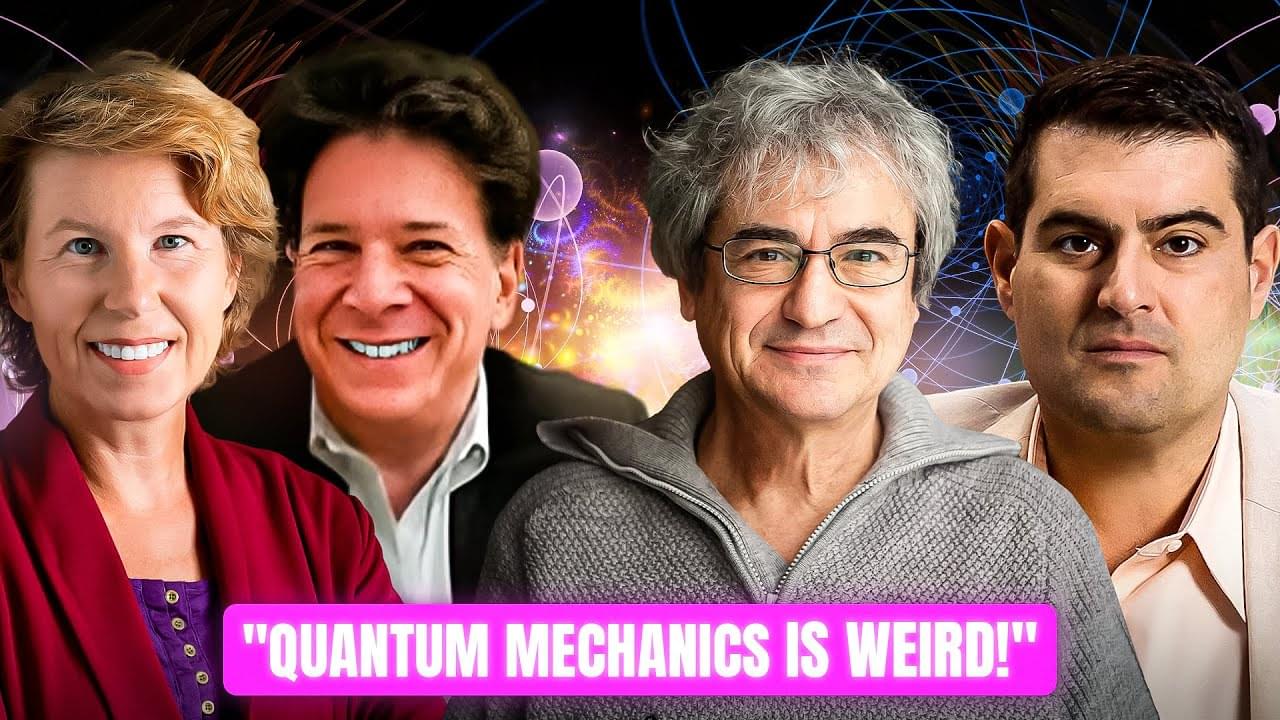Dec 30, 2023
Quantum Shadows: Revolutionary Method Reveals Images Hidden in Noise
Posted by Jose Ruben Rodriguez Fuentes in categories: biotech/medical, quantum physics
Innovative quantum-inspired imaging technique excels in low-light conditions, offering new prospects in medical imaging and art conservation.
Researchers at the University of Warsaw’s Faculty of Physics with colleagues from Stanford University and Oklahoma State University have introduced a quantum-inspired phase imaging method based on light intensity correlation measurements that is robust to phase noise. The new imaging method can operate even with extremely dim illumination and can prove useful in emerging applications such as in infrared and X-ray interferometric imaging and quantum and matter-wave interferometry.
Revolutionizing Imaging Techniques
